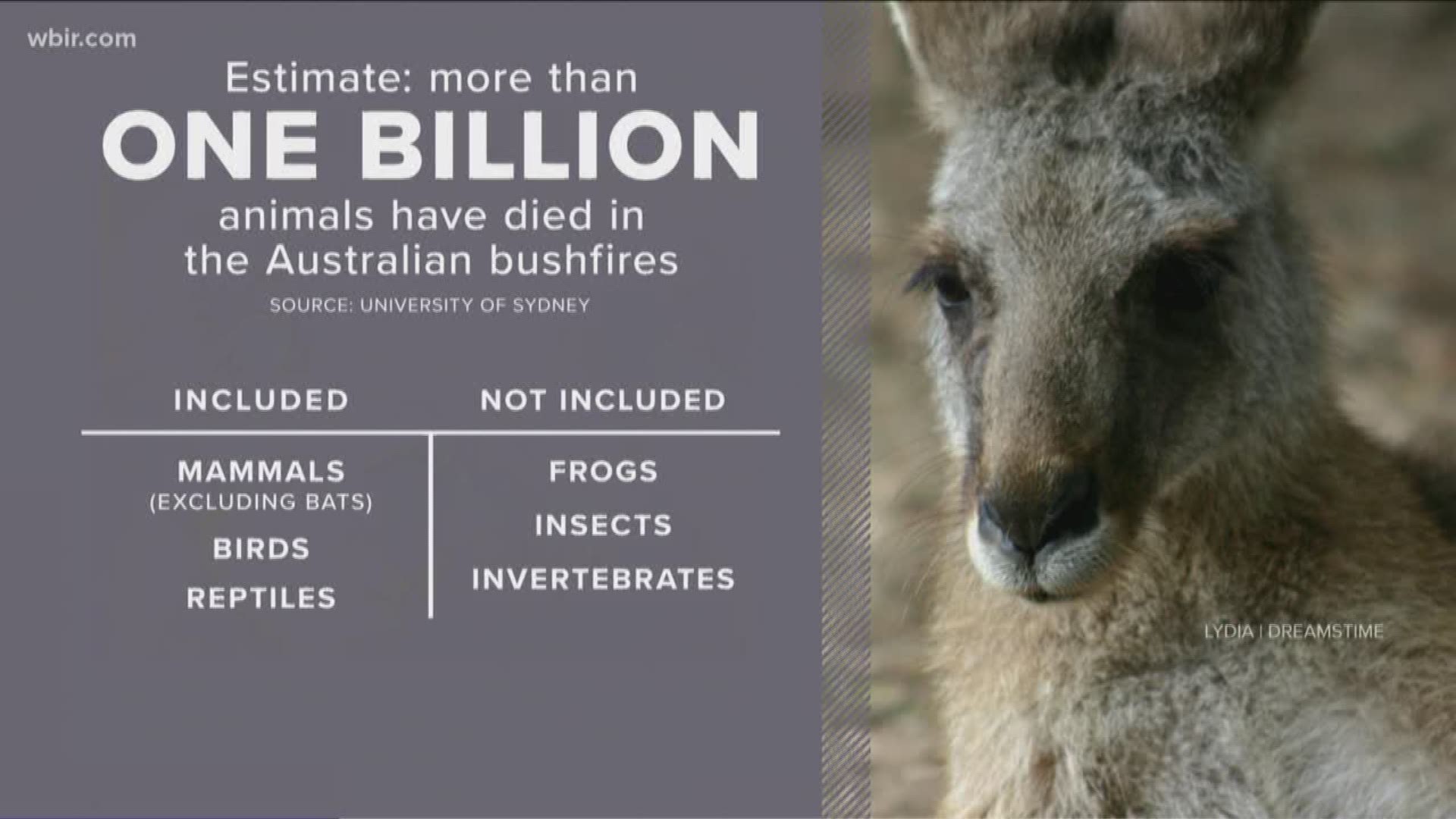As crews continue to battle Australia's wildfires, one former animal rescuer remembers what is was like to experience the fires first-hand.
Joe Wall, a former Wildlife Victoria rescuer who currently lives in Knoxville, recounted volunteering after one of the most devastating days in Australia's history.
On Feb. 7 2009, Black Saturday destroyed more than one million acres of Australia's land.
"It was simply the worst set of fires in modern history in Victoria, 173 people died," Wall said. "At least a million animals had been affected."
Wall lived in Australia for 12 years, where he rescued kangaroos, wombats, wallabies and birds in the bush and urban areas.
"My job would be to go see the situation, the animal that was in danger out of the situation, bring it to a vet," he said.
"It was humbling to come across people that were willing to sacrifice so much of themselves for animals."
Wall has also seen what it was like to see the damage from the fires.
"The horrors of it, you just don't begin to understand. Going up to what had been a forest which is now silent, a complete moonscape, nothing moving, nothing alive," said Wall. "We're looking for animals that burrow, that are nocturnal animals that come out at night."
Wall described Australia's ongoing bushfires as off the charts because the fires continue to grow.
"And one of the reasons this is so horrifying is that they [fires] haven't, they've only grown throughout the summer, normally rains come, things change so these folks are out there for months at a time now running into the most horrific situations losing their homes and still battling fires," Wall said.
According to the University of Syndey, more than one billion animals have been killed in Australia's recent bushfires.
Experts said this number includes mammals such as kangaroos, koalas, wallabies and wombats, also birds and reptiles.The recent estimation does not include frogs, insects and other invertebrates.
However, the estimation does take into consideration direct and indirect causes such as starvation, dehydration and habitat loss.
Wall said even after the fires are out rescuers will have months of work ahead of them.

